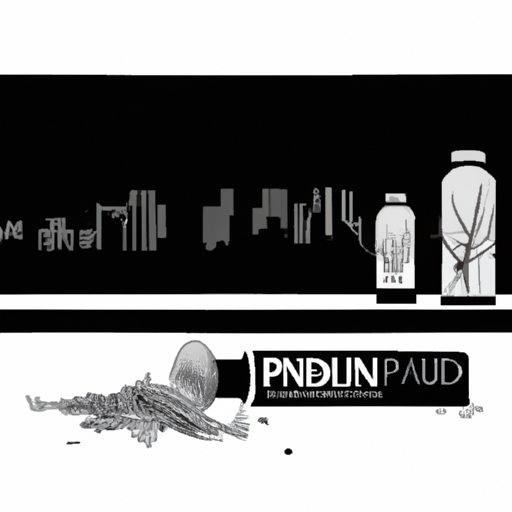The Canadian Opioid Crisis: A Public Health Emergency
The insidious reach of the opioid crisis is not limited to any one country, and it has steadily gained traction in our own backyard. In Canada, the opioid crisis has become a formidable public health issue, with alarming rates of misuse, addiction, and fatal overdoses. A recent article by David Sovka in the Times Colonist vividly illustrates the grim reality of this epidemic, shedding light on its profound societal impacts and the various measures being taken to combat it.
The Harrowing Effects of the Opioid Crisis
The opioid crisis in Canada has led to devastating effects on communities and individuals. Tragically, the number of opioid-related deaths and hospitalizations has sky-rocketed. The article points out that the odds of dying from opioid use are now greater than the chance of winning the lottery. This startling comparison underscores the pervasive and deadly nature of this crisis.
But the ripple effects extend beyond the users themselves. The escalating issue has led to an increase in crime rates, homelessness, and social disarray in many communities. Opioids, once thought to be a solution to chronic pain management, have now become an overwhelming societal burden.
Fighting the Crisis: Strategies in Motion
Despite the grim realities, Canada has taken proactive steps to curb the opioid crisis. These include, among others:
- The Canadian opioid abatement class action: It is a legal action initiated against opioid manufacturers and distributors. The aim is to hold this group accountable for their role in the crisis and potentially secure valuable resources to combat opioid addiction.
- Increased distribution of naloxone: Naloxone is a life-saving medication that can rapidly reverse an opioid overdose. By making it widely accessible, more lives can be saved.
- Implementation of harm reduction strategies: Safe injection sites and supervised consumption services have been established to reduce harm and provide support to users.
While these approaches constitute a promising start, overcoming the opioid crisis requires concerted effort, collaborative strategies, and sustained commitment.
The Future of the Opioid Crisis: A Call to Action
As the opioid crisis continues to evolve, so should our response. The fight against the crisis needs to be multi-pronged, involving not only healthcare providers and policy-makers but also community leaders and individuals. We need to foster a culture of understanding, empathy and support for those grappling with addiction, and work towards effective prevention and treatment strategies.
But let’s be clear: there is no one-size-fits-all solution. Successful interventions will need to be tailored to individual and community needs, backed by robust research, and premised on the recognition that addiction is a complex health issue, not a moral failing.
Closing Thoughts
In sum, the Canadian opioid crisis is a public health emergency that demands our immediate attention and steadfast resolve. Our response should not only focus on immediate relief but also on sustainable solutions that address the root causes of the crisis. We cannot afford to underestimate the magnitude of this challenge, nor can we shy away from the urgent call to action it represents.
The following points encapsulate the key takeaways from this discussion:
- The opioid crisis has led to alarming rates of misuse, addiction, and fatal overdoses in Canada.
- This crisis has far-reaching effects, leading to increased crime rates, homelessness, and social disarray.
- Canada has taken proactive steps to combat the crisis, including the initiation of the Canadian opioid abatement class action, increased distribution of naloxone, and implementation of harm reduction strategies.
- Overcoming the opioid crisis requires a multi-pronged approach involving healthcare providers, policy-makers, community leaders and individuals.
Let’s continue to educate ourselves and others about the opioid crisis, as knowledge is a compelling tool in our fight against this public health scourge.
